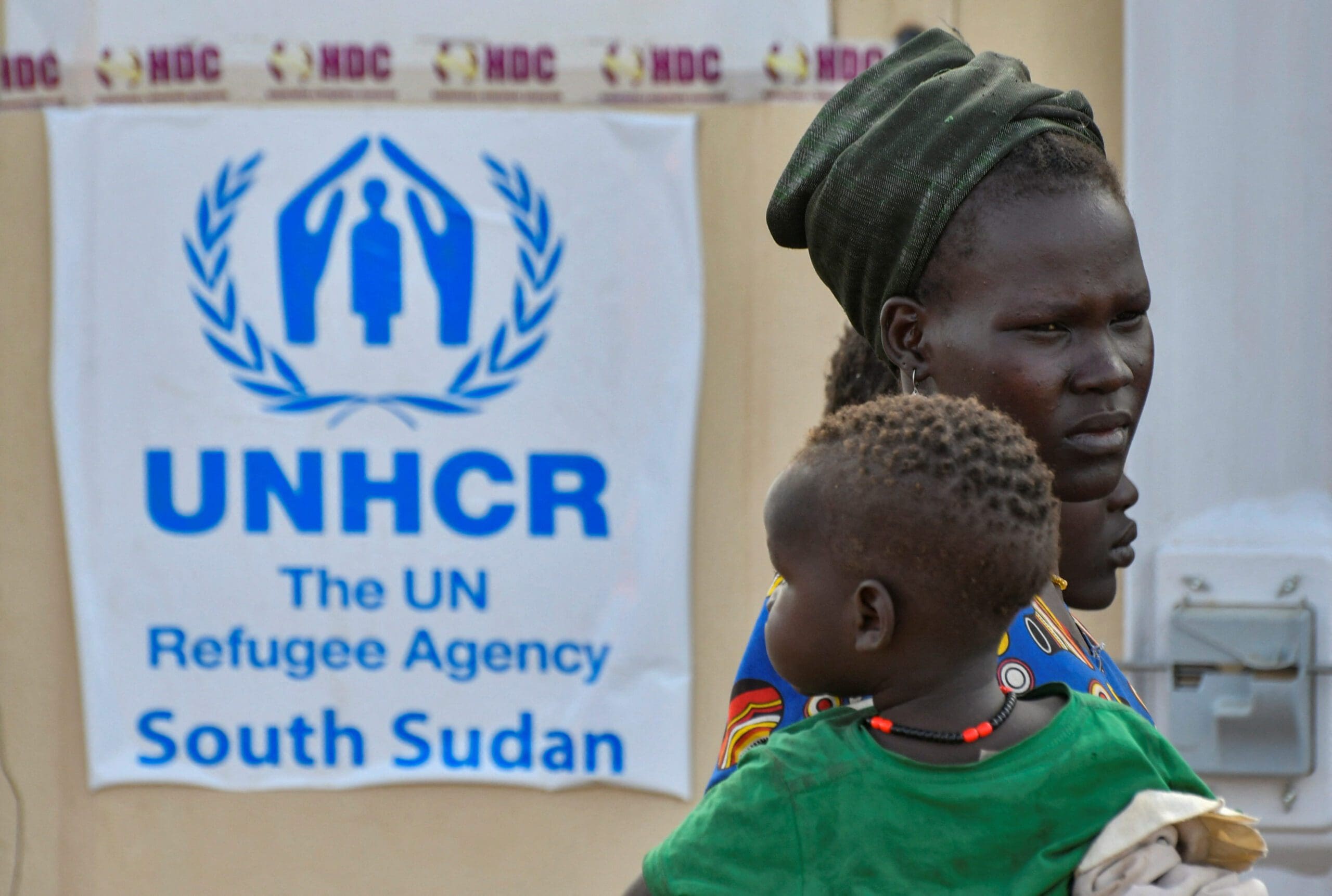

Sudan’s Conflict Poses a Risk of Escalating into a Regional Turmoil
Introduction
The conflict in Sudan has been ongoing for decades, but recent events have escalated the situation to a point where it threatens to spill over into neighboring countries and create a regional crisis. The root of the conflict lies in the division between the Arab-dominated government in Khartoum and the non-Arab rebels in the southern regions of the country. The rebels have been fighting for greater autonomy and representation in the government, while the government has been accused of human rights abuses and genocide against the non-Arab population.
The Current Situation
The current situation in Sudan is volatile, with reports of violence and unrest coming from all corners of the country. The government has been accused of using excessive force against protesters, and there have been reports of extrajudicial killings and torture. The rebels, meanwhile, have continued their attacks on government targets, including military bases and oil installations.
The situation is further complicated by the involvement of neighboring countries, particularly Ethiopia and South Sudan. Both countries have large populations of ethnic groups that are closely related to those in Sudan, and there are fears that the conflict could spill over into their territories. Ethiopia has already been drawn into the conflict, with reports of its troops crossing the border into Sudan to support rebel groups.
The Potential for Regional Instability
The potential for regional instability is high, given the complex web of ethnic and political ties that exist between Sudan and its neighbors. The conflict in Sudan has already had a destabilizing effect on South Sudan, which gained independence from Sudan in 2011 but has since been embroiled in its own civil war. The two countries share a long and porous border, and there are fears that the conflict in Sudan could spill over into South Sudan and reignite the civil war.
Ethiopia, meanwhile, is facing its own internal conflicts, with ethnic tensions and political unrest threatening to tear the country apart. The involvement of Ethiopian troops in the conflict in Sudan could exacerbate these tensions and lead to further violence. There are also concerns that the conflict in Sudan could spill over into other neighboring countries, such as Chad and the Central African Republic, which are already grappling with their own internal conflicts.
In conclusion, the conflict in Sudan is a complex and volatile situation that threatens to devolve into a regional maelstrom. The involvement of neighboring countries, particularly Ethiopia and South Sudan, has raised the stakes and increased the potential for instability. It is imperative that the international community takes action to address the root causes of the conflict and prevent it from spreading further. Failure to do so could have dire consequences for the entire region
Original article Teaser
The conflict in Sudan threatens to devolve into a regional maelstrom
nginx
Details to The conflict in Sudan threatens to devolve into a regional maelstrom








